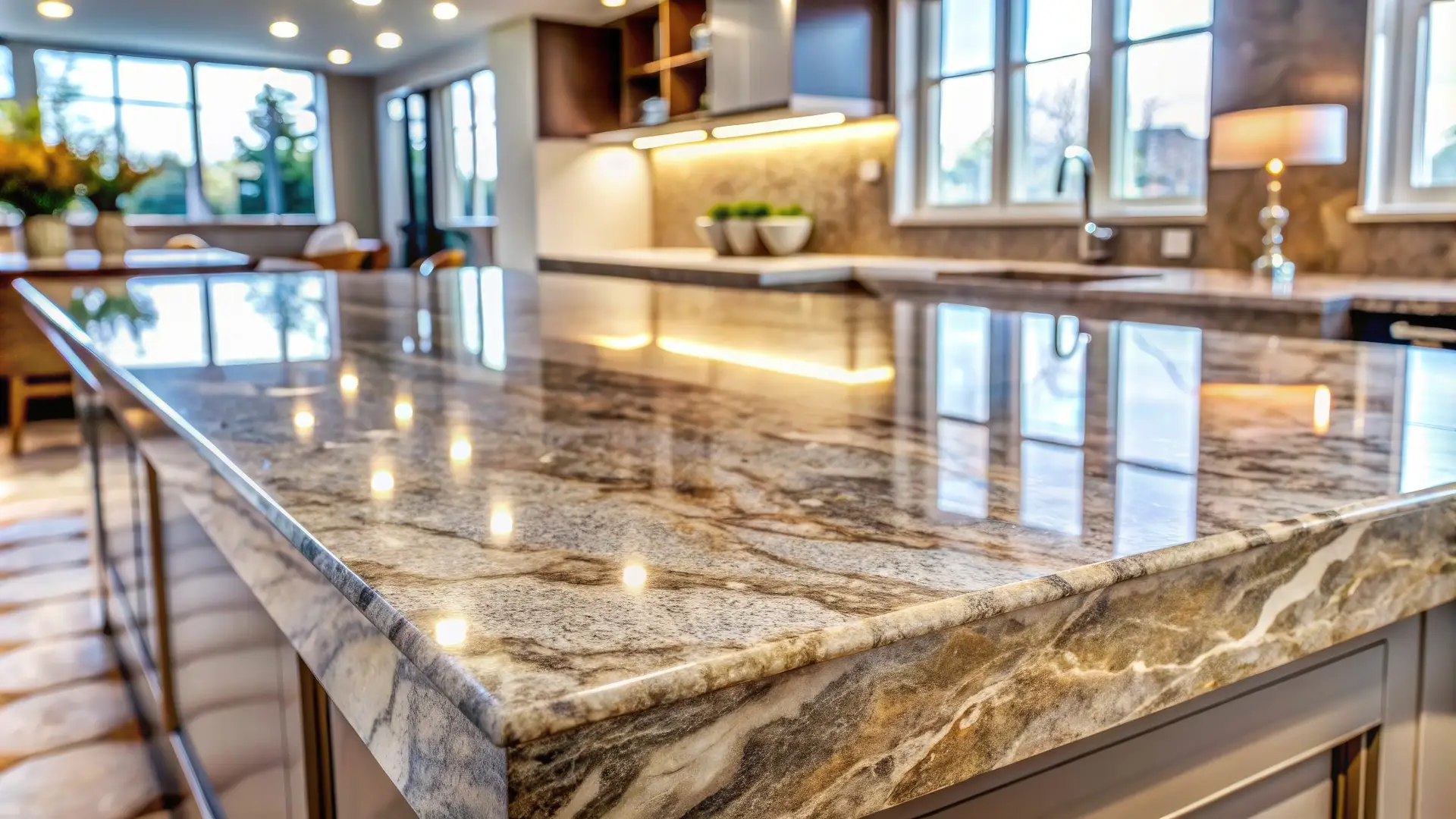When considering a countertop material for your kitchen remodel or bathroom remodel, marble is often one of the first options that come to mind. Its luxurious look, elegant veining, and natural beauty have made it a favorite for homeowners. However, there are several reasons why marble might not be the best choice, with its porosity being a major concern. Let’s dive into why marble countertops can be problematic and explore better alternatives to achieve a similar aesthetic without the drawbacks.
The Problem with Marble’s Porosity
Marble is a natural stone, which means it has tiny pores throughout its surface. While these pores may not be visible to the naked eye, they can cause significant issues when used as a countertop material. Here’s why:
- Absorbs Stains Easily: Because marble is porous, it can absorb liquids like oils, wine, coffee, or acidic substances (such as lemon juice). Once absorbed, these liquids can cause unsightly stains that are difficult, if not impossible, to remove.
- Vulnerable to Etching: Acidic substances don’t just stain marble; they also cause etching. This chemical reaction can leave dull spots or marks on the surface, which can ruin its polished look.
- Weakens the Structure: Over time, if liquids are repeatedly absorbed into the stone, the structural integrity of the marble can weaken, causing it to chip, crack, or become more prone to damage.
Other Issues with Marble for Countertops
Beyond its porosity, there are several other reasons why marble might not be the best choice for countertops:
- High Maintenance: Marble requires regular sealing to help reduce its porosity. Even with sealing, the surface still needs constant maintenance to keep it in good condition. Cleaning marble surfaces with harsh chemicals can also degrade the sealant and the stone itself.
- Easily Scratched: Marble is relatively soft compared to other countertop materials. This makes it prone to scratches from everyday activities like cutting, sliding dishes, or placing heavy objects on it.
- Cost: Marble tends to be more expensive than other materials like granite or engineered stone. Its high cost, combined with the need for frequent maintenance, can make it a costly investment over time.
The Problems Porosity Causes
The porosity of marble directly leads to three main issues:
- Staining: Liquids seep into the pores, leading to stains that can become permanent.
- Bacteria Build-Up: The porous surface can harbor bacteria, making it less hygienic, especially in a kitchen environment where raw food preparation is frequent.
- Degradation of Appearance: As stains and etching accumulate, the luxurious look of marble can quickly fade, leaving behind a countertop that looks worn, despite regular care.
Solutions for a Similar Look Without the Drawbacks
If you love the aesthetic of marble but want to avoid its drawbacks, there are several materials that can provide a similar look without the associated problems:
- Quartz: Quartz is an engineered stone made from natural quartz combined with resins and pigments. It offers the beautiful veining and glossy appearance of marble without the porosity issues. Quartz is non-porous, making it highly resistant to stains, scratches, and bacteria build-up. It also requires less maintenance than marble, with no need for sealing.
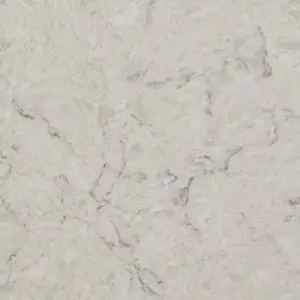
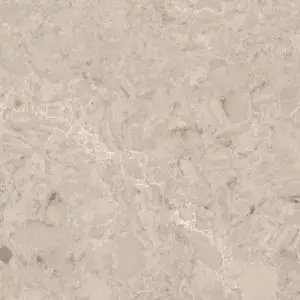
- Granite: While granite is not as delicate and luxurious looking as marble, it still offers a beautiful, natural stone appearance with similar veining and patterning. Granite is much harder and less porous, making it a better choice for high-traffic areas like kitchens.
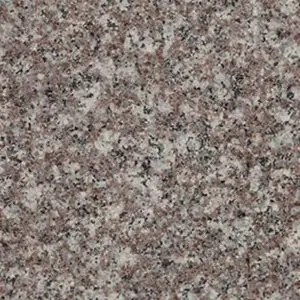

- Porcelain Slabs: Porcelain countertops are durable and can be manufactured to mimic the look of marble. They are non-porous, highly resistant to heat and scratches, and relatively low maintenance.


- Dekton: Dekton is a sintered stone that is non-porous, scratch-resistant, and heat-resistant. It can be manufactured to resemble marble, giving you the look without the upkeep.
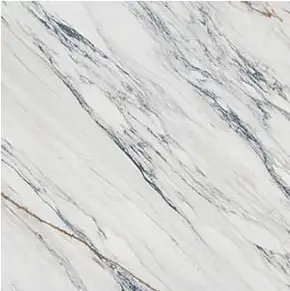
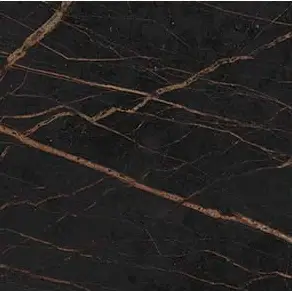
What to Do If Marble Is the Only Option
If you’re set on using marble for your countertops despite the potential issues, there are steps you can take to mitigate its weaknesses. Professionals can apply treatments to the marble surface that help protect it from stains and etching:
- Regular Sealing: Sealing marble countertops is essential to help reduce the stone’s porosity. This involves applying a chemical sealant that acts as a barrier between the marble and liquids. Keep in mind that sealants wear off over time and must be reapplied every six months to a year.
- Topical Coatings: Some professionals offer protective coatings that sit on top of the marble surface. These coatings are more durable than sealants and can offer additional protection against etching and stains. However, they can alter the appearance and feel of the marble slightly.
- Polishing and Refinishing: Over time, if your marble countertops do become etched or stained, professional stone restorers can polish and refinish the surface. This process removes the damaged layer of stone and restores its original shine, though it won’t prevent future damage.
Making an Informed Choice: Balancing Beauty and Practicality
While marble countertops offer timeless beauty and elegance, their inherent porosity, susceptibility to staining, and high maintenance requirements can make them less practical for everyday use, especially in high-traffic areas like kitchens. The risk of etching and bacteria build-up further complicates their suitability as a countertop material. Thankfully, materials like quartz, granite, porcelain, and Dekton provide excellent alternatives, mimicking the luxurious look of marble without the associated drawbacks. For those set on using marble, partnering with a professional kitchen remodeler to apply protective treatments can help mitigate these issues. By weighing the pros and cons and considering all available options, you can achieve the perfect balance of beauty, durability, and functionality in your countertops.

